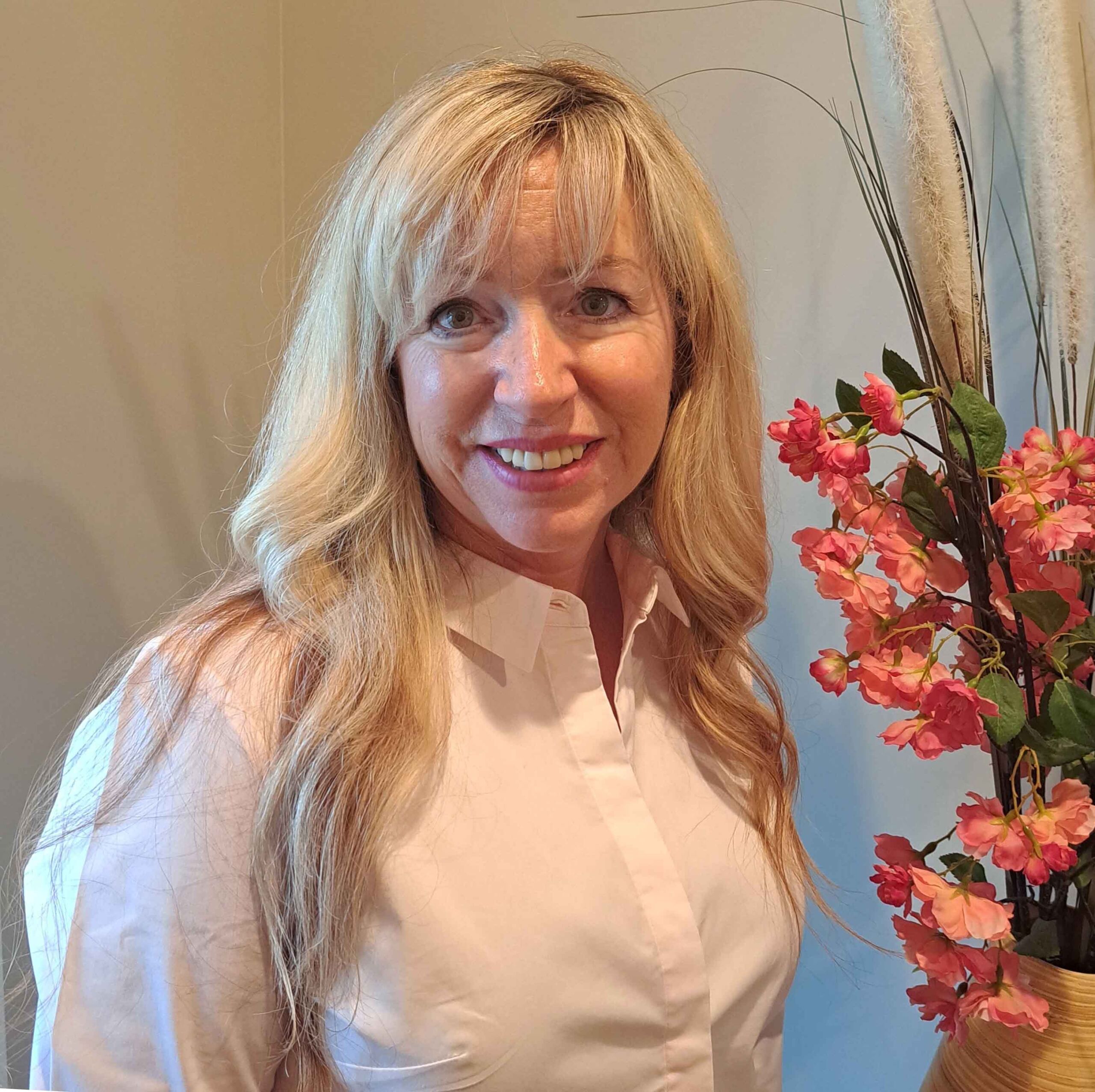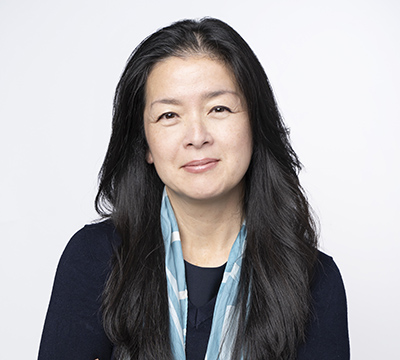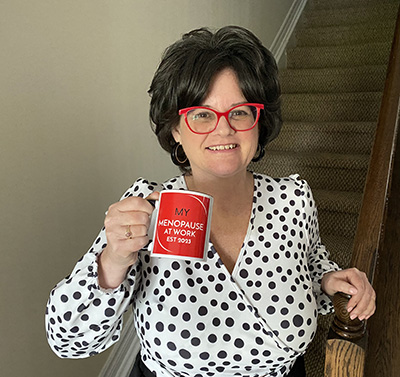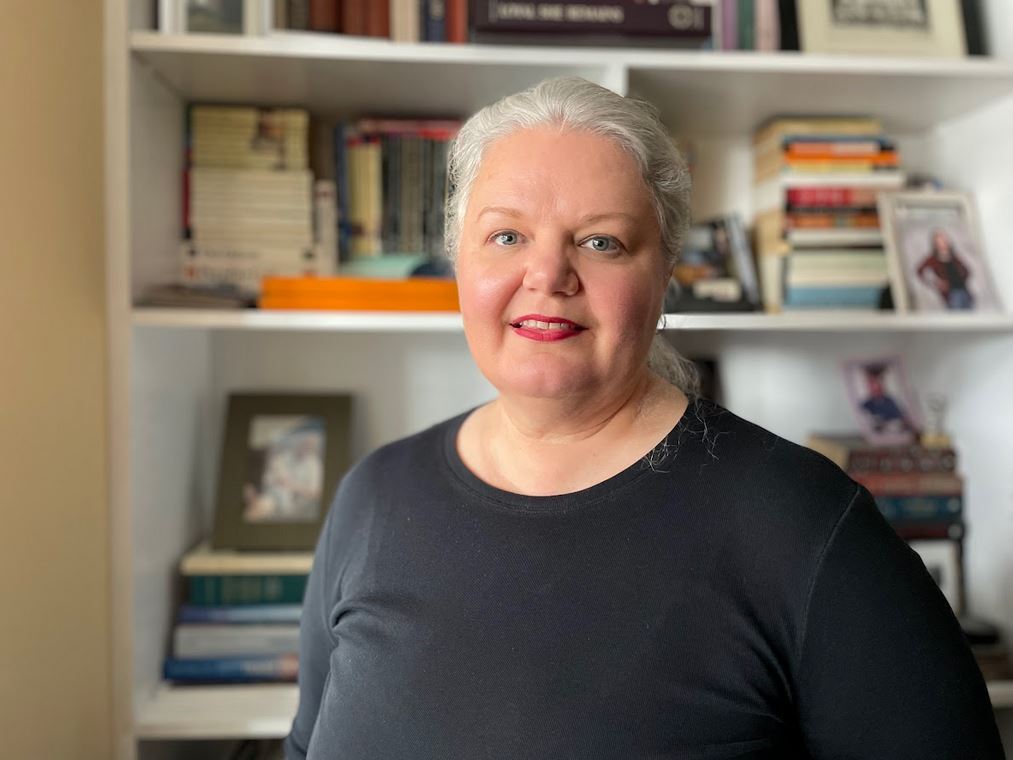
Michelle: Something Had to Give
In her early 50s, Michelle moved with her husband to Vancouver Island so that he could complete his final years of military service. It meant leaving a vibrant, exciting – yet stressful – career as part of the leadership team in Human Resources Management and Security Planning on Parliament Hill, where she was struggling to cope with symptoms of perimenopause.
Finding support was difficult. “I didn’t seek help from my workplace,” she said. “My boss was a military tough-guy type, and it was difficult to manage that kind of conversation. On the island, my doctor kept telling me it was a mental health issue.”
In retrospect, Michelle realized she could not have stayed on her high-stress career path, given the escalating symptoms she was experiencing. Instead, she became a consultant with the flexibility to work when she was at her best and rest when symptoms flared.
Michelle avoided menopause hormone therapy for a long time because she was deeply concerned about the risk of breast cancer, given that her mother and aunt had both had the disease. However, a friend mentioned she was seeing a hormone specialist who also happened to be Michelle’s pharmacist. “It was a game changer,” said Michelle.
Michelle sees clear opportunities for better workplace support during menopause so “women can continue their careers rather than being forced to quit because they can’t cope,” she said. “There should be pamphlets available and a point person in each company who is an expert in menopause, who can advocate for you. There needs to be a website providing information that supervisors could go to. Today, [managers] aren’t given the tools and knowledge they need to be supportive. Ideally, workplaces should provide accommodation opportunities and options to enable women to continue their career trajectory.”












